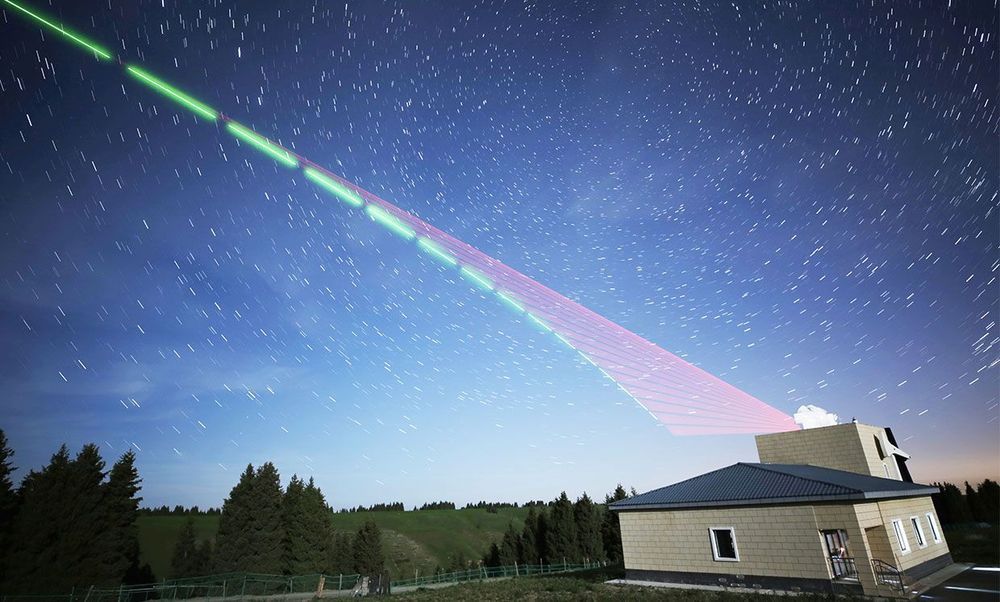Now, the same researchers have achieved their goal of entanglement-based quantum cryptography using the Micius satellite. The scientists, who detailed their findings online in the 15 June edition of the journal Nature, say they again connected two observatories separated by 1,120 kilometers. But this time, the collection efficiency of the links was improved by up to four-fold, which resulted in data rates of about 0.12 bits per second.
A space-based, virtually unhackable quantum Internet may be one step closer to reality due to satellite experiments that linked ground stations more than 1,000 kilometers apart, a new study finds.
Quantum physics makes a strange effect known as entanglement possible. Essentially, two or more particles such as photons that get linked or “entangled” can influence each other simultaneously no matter how far apart they are.
Entanglement is an essential factor in the operations of quantum computers, the networks that would connect them, and the most sophisticated kinds of quantum cryptography, a theoretically unhackable means of securing information exchange.
